How can dragonflies help a Balkan country into the European Union?
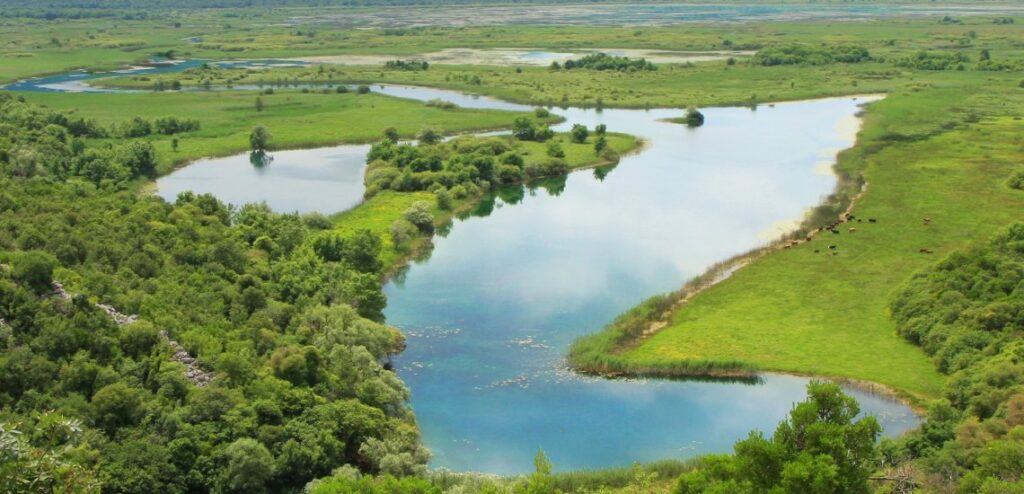
When you’re a local Balkan civil society organisation trying to protect nature, your country’s political position on the road to EU accession can have a big influence on what protection to aim for.
By Shaun Hurrell
Header Image: The Neretva River Basin, Bosnia & Herzegovina? © D. Kulijer
In Bosnia & Herzegovina, the Society for Biological Research and Protection of Nature are living up to their organisation’s name. In a project funded by the Critical Ecosystem Partnership Fund (CEPF), the Society have first conducted a lot of biological research on freshwater biodiversity, and then are using that data to propose protected sites that are very important for nature in the country.
But it is not as simple as that.
Bosnia & Herzegovina – like many countries in the Balkans – whilst being in Europe is not a member of the European Union (EU). So when you’re a local Balkan civil society organisation trying to protect nature, your country’s political position on the road to EU accession can have a big influence on what protection to aim for.
The Birds and Habitats Directives form the cornerstone of the EU’s nature conservation policy. They are built around two pillars: the Natura 2000 Network of protected sites and a strict system of species protection. These are the laws that protect nature in the EU, based on scientific expertise, verified raw data, and have accountability and control over their management.
Sometimes national protection is better on paper, but without proper management, corruption and vested political interests in unsustainable development can get in the way of proper environmental protection. This is all too common in the Balkans. In Bosnia & Herzegovina, Natura 2000 protection is seen as more modern, democratic and has an international element that people seem to respect.
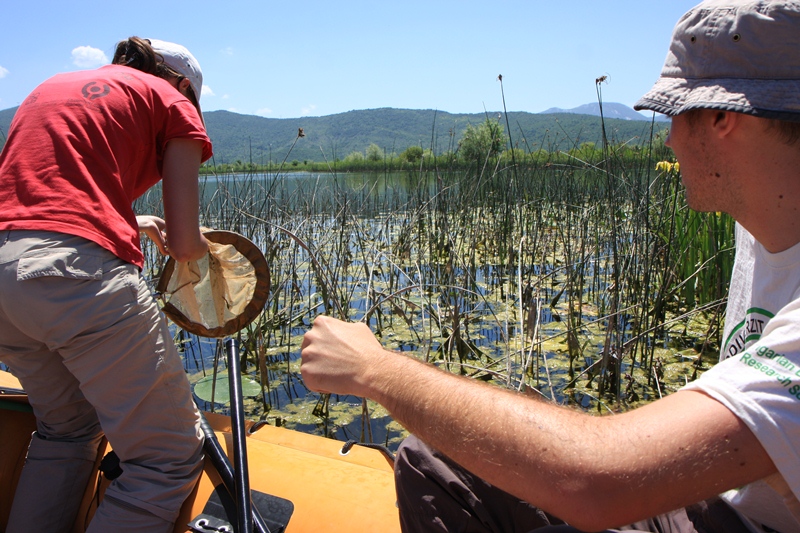
So even though countries like Bosnia & Herzegovina, Montenegro and Albania are not EU members and are years from accession, it can be better for conservationists to propose Natura 2000 sites for the protection of some important areas (e.g. groups of smaller sites that would be too hard to combine into a National Park) because it can ensure immediate designation when the country does become an EU member state.
“This project aimed to identify the most important freshwater habitats for the conservation of threatened dragonfly, mollusk and fish species in the Neretva catchment, and to ensure sufficient scientific data for their efficient protection and long-term survival,” said Dejan Kulijer from BIO.LOG (the short name for the Society for Biological Research and Protection of Nature).
The team have proposed four new Natura 2000 sites, and three of the sites would represent the first designated for threatened dragonfly species Coenagrion ornatum and Cordulegaster heros in Mediterranean Europe.
“We try to help develop projects to be as effective as possible,” says Borut Rubinič, Balkans Programme Officer for the CEPF Med Regional Implementation Team. “We can help grantees’ projects include some really useful extras.”
The protection of areas by proposing Natura 2000 sites, together with tackling the threat of hydropower development and tackling illegal hunting, are key themes for conservation projects in the Balkans.
Based at DOPPS (BirdLife Partner) in Slovenia – an EU state – Borut witnessed the hard graft involved with updating badly-protected Natura 2000 sites because the proposed sites were cut by 20% only three days before Slovenia’s accession, due to bad political process. Having the sites nailed down long before accession is a key lesson.
What about helping with EU membership? Dragonfly ambassadors.
For such a small country, Bosnia & Herzegovina supports a large number of dragonflies – over 50 species in all. These flying predators are fantastic ambassadors for freshwater habitat conservation: beautiful animals that rely on clean water in all stages of their life cycles.
Just looking at the top threats to dragonflies in Europe [see below] highlights what great flagships they are for site protection in Balkan states, where fighting hydroelectric dams, pollution and tourism development is a daily struggle for Balkan conservationists.
Having Natura 2000 sites proposed is actually a pre-requisite for a country to become accepted into the EU! So the dragonflies in this study are helping Bosnia & Herzegovina tick ‘Chapter 27’ in the environmental protection section of EU accession.
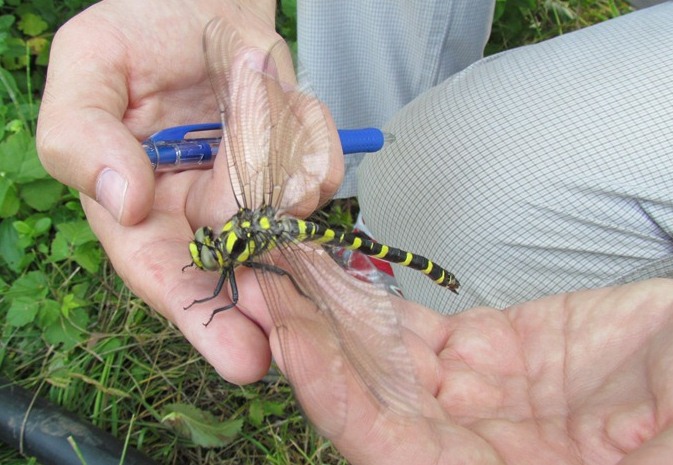
All species matter in the Neretva River Basin.
The Neretva River and its large tributaries create some of the most valuable remnants of Mediterranean wetlands on the eastern Adriatic coast, and is one of the few areas of this kind remaining in Europe.
“Of well-known importance for birds, the significance of these freshwater habitats for many other species, particularly invertebrates, is poorly recognised and largely unknown,” said Dejan.
Having reliable data on threatened species is also a valuable contribution against impending dam threats too. The project also discovered that Neretva Softmouth Trout – an endemic fish species – has a significantly reduced distribution in the Neretva basin due to dam and reservoir construction.
The project also involved the participation of biodiversity experts from Bosnia and Herzegovina, Croatia and Slovenia, such as the Slovenian Odonatoligical Society (SOD).
This is good for biological scientific collaboration, but also in helping to implement this research so it is most politically valuable.
“The perfect combination for site protection would be both through Natura 2000 and a national level with expert monitors, rangers, ecotourism infrastructure, and good management!” says Borut.
“If you don’t have the national protection too, then you need a good network of civil society to go there, monitor and manage on behalf of government. This is why CEPF’s long-term vision for the Balkans that invests in civil society is so important.”
BIO.LOG want to set up a formal monitoring programme and network of researchers to gather future dragonfly data and improve the protection of their habitats now, and onwards into the EU.
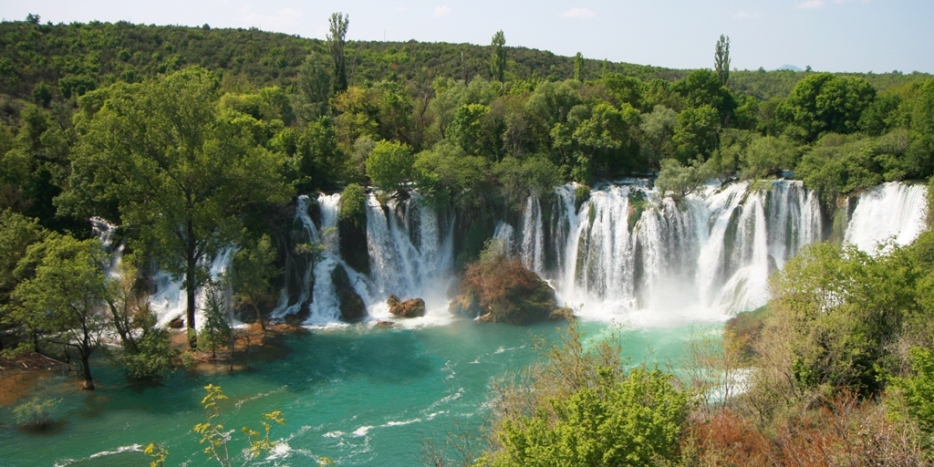
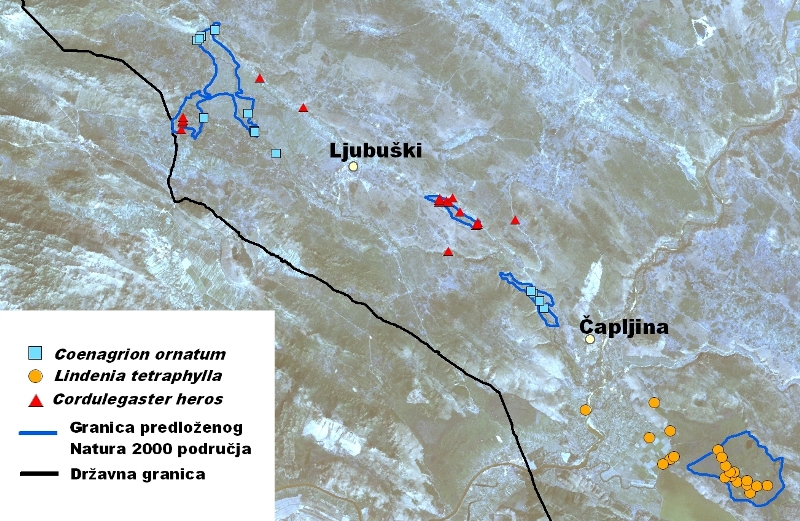
Top threats for dragonflies in Europe:
- Dams and water management
- Domestic and urban pollution
- Droughts
- Agricultural pollution
- Tourism and recreational development
CEPF Med are supporting the protection and proposal* of Natura 2000 sites to ensure protection throughout the Balkans, with projects such as:
- A Survey of the Distribution of Olm by Environmental DNA Sampling, Bosnia & Herzegovina, Montenegro, Društvo Za Jamsko Biologijo*
- Protection of Bats in the Neretva River Catchment Area, Bosnia & Herzegovina, Center for Karst and Speleology*
- Protection of Underground Biodiversity in the Neretva River Catchment Area: Identifying and Raising the Awareness of Conservation Hotspots, Bosnia & Herzegovina, Center for Karst and Speleology*
- Ecotourism in Ulcinj Salina, Montenegro, CZIP
- Supporting Local Communities to Implement Nature-Based Tourism Practices Around Sasko Lake, Montenegro, Green Home
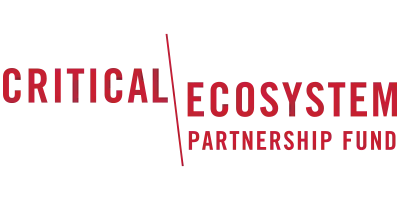
The Critical Ecosystem Partnership Fund (CEPF) is a joint initiative of l’Agence Française de Développement (AFD), Conservation International (CI), the European Union, the Global Environment Facility (GEF), the Government of Japan, the John D. and Catherine T. MacArthur Foundation, and the World Bank. Additional support in the Mediterranean Basin is provided by the MAVA Foundation. A fundamental goal is to ensure civil society is engaged in biodiversity conservation.
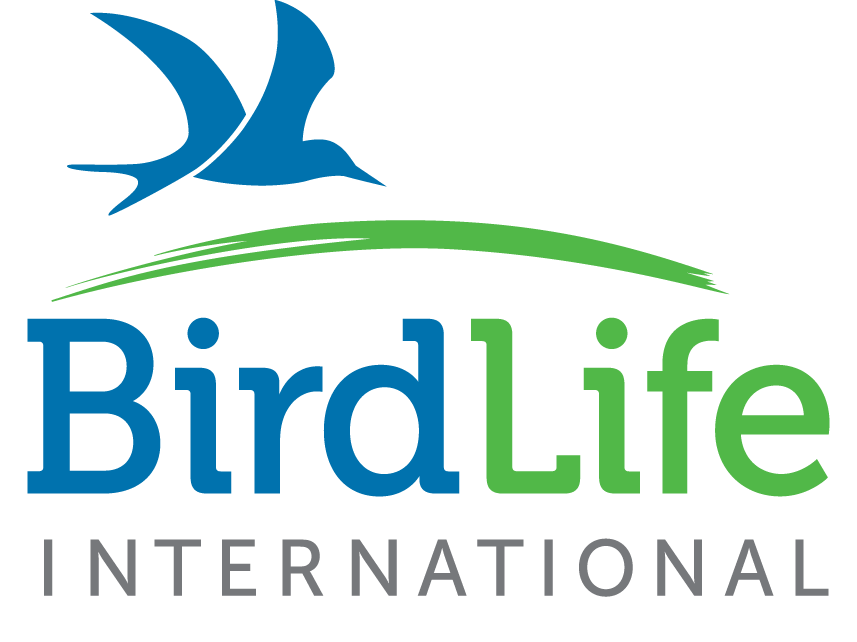
BirdLife International – including its Middle East office and the BirdLife Partners DOPPS/BirdLife Slovenia and LPO (Ligue pour la Protection des Oiseaux, BirdLife in France) – is providing the Regional Implementation Team (RIT) for the Critical Ecosystem Partnership Fund (CEPF) in the Mediterranean Basin Biodiversity Hotspot (CEPF Med). Find out more at www.birdlife.org/cepf-med.